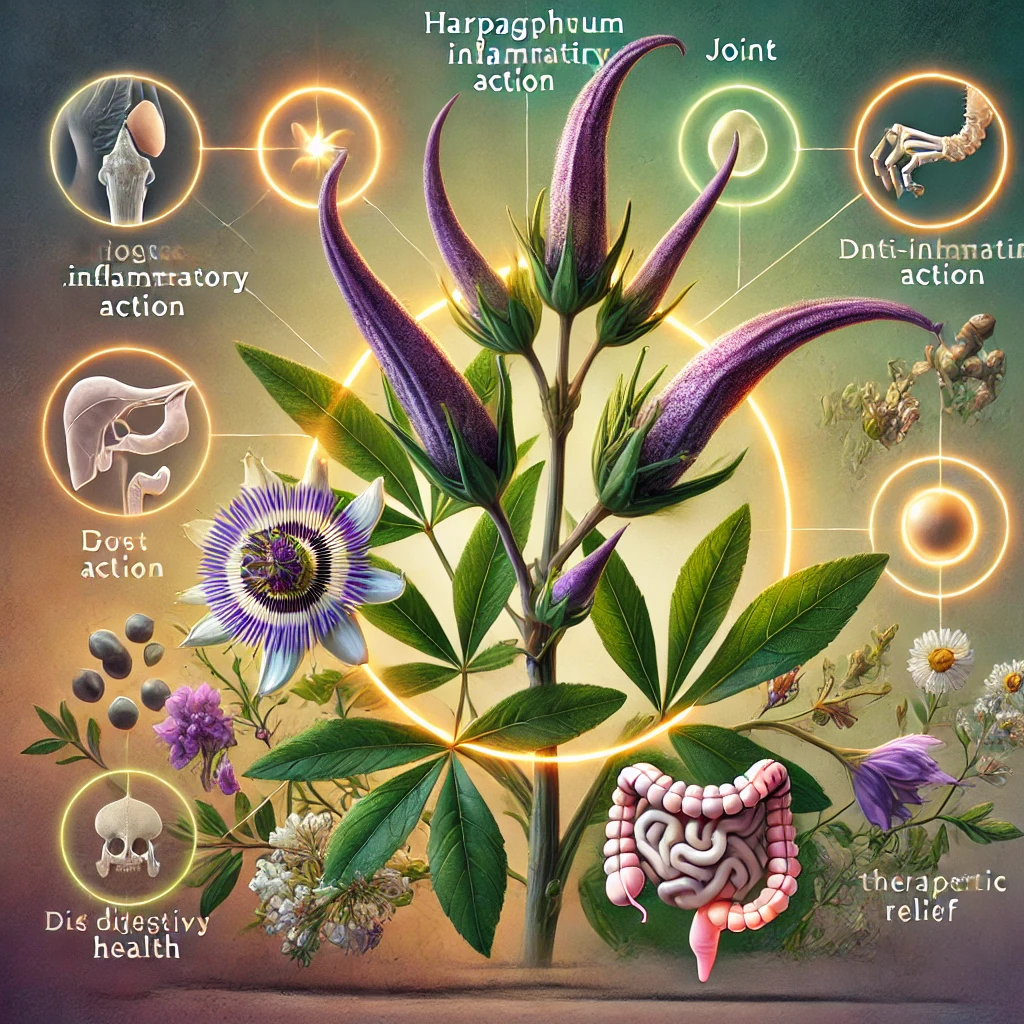DOI: https://doi.org/10.1002/ptr.2029
L. Grant, D. E. McBean, L. Fyfe, A. M. Warnock
Abstract
Harpagophytum procumbens (Hp), commonly known as Devil’s Claw is a perennial plant which thrives in arid conditions. For centuries, it has been used as a traditional treatment for a variety of illnesses, including fevers, skin complaints, arthritis and diseases of the digestive tract as well as an appetite stimulant. Since its introduction to Europe in the early twentieth century, it has become a popular antiinflammatory and analgesic preparation amongst herbalists for supportive or adjuvant treatment of degenerative joint diseases, tendonitis, headache, backache and menstrual pain. The validity of Hp as an effective antiinflammatory and analgesic preparation, particularly in the relief of arthritic symptoms, has been investigated in numerous animal, clinical and in vitro studies. Although some contradictory evidence exists, the majority of animal studies appear to indicate Hp as an effective antiinflammatory and analgesic preparation in the treatment of acute and subacute inflammation. Clinical trials support Hp as a beneficial treatment for the alleviation of pain and improvement of mobility in a variety of musculoskeletal conditions. Analysis of the in vitro and ex vivo studies that currently exist, indicate that Hp has significant effects on numerous proinflammatory markers. However, the exact mechanism(s) by which Hp may reduce inflammation remain to be elucidated.
Copyright © 2006 John Wiley & Sons, Ltd.


